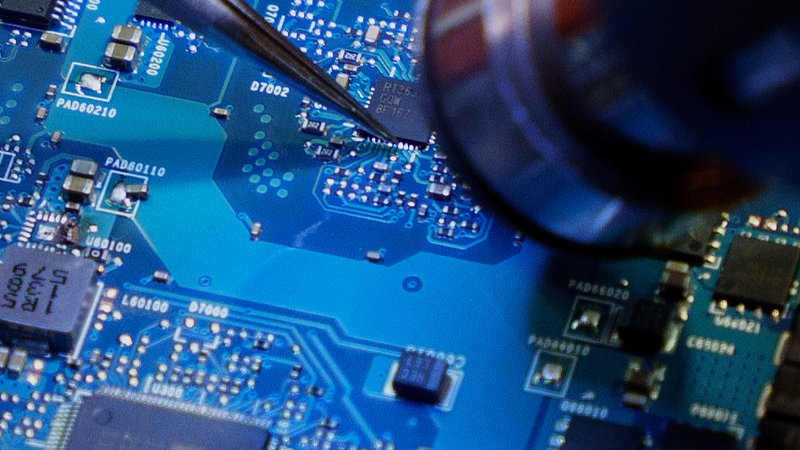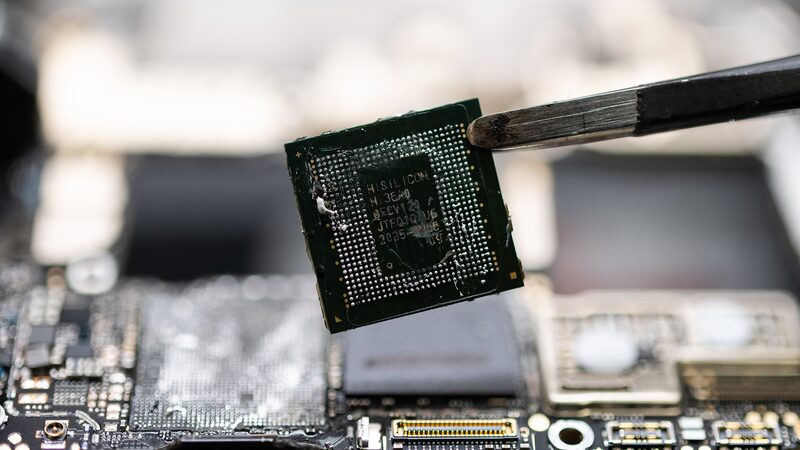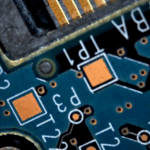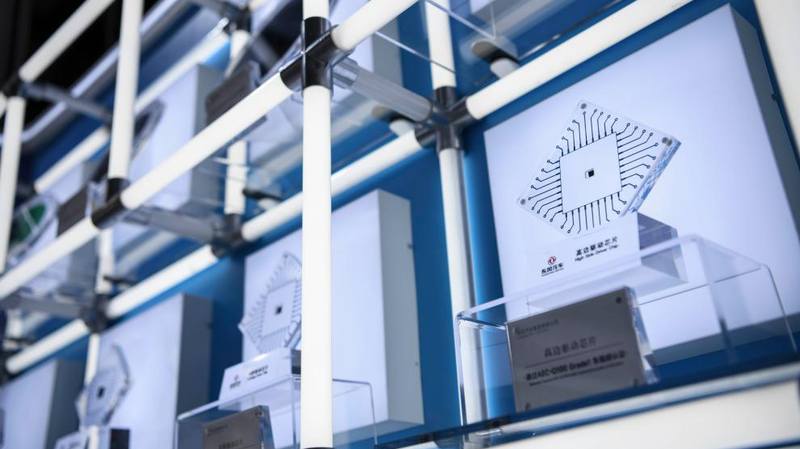Could your smartphone or laptop become a geopolitical pawn? 🔍 The U.S. Chip Security Act – proposed legislation requiring location-tracking features in advanced semiconductors – is raising eyebrows worldwide as tech giants and governments debate privacy vs. security.
The Tracking Chip Dilemma
Imagine buying a phone that secretly reports its location 24/7. That’s essentially what the 2025 bill proposes for export-controlled chips, requiring ‘license locking’ and real-time monitoring to prevent smuggling. While supporters argue it protects national security, critics call it a ‘digital leash’ that could backfire spectacularly. 🛑
H20 Chips Under Fire
Chinese regulators recently sounded alarms about U.S.-made H20 chips, comparing them to ‘digital Trojan horses’ 🏹. Major players like ByteDance and Tencent have been questioned about their use of these components, with state media warning about potential backdoors and environmental impacts. The timing? Suspiciously close to the Chip Act debates.
Security or Overreach?
Cybersecurity experts warn the tracking features themselves could become hacker targets. ‘You’re literally building vulnerabilities into critical infrastructure,’ says analyst Li Wei. Meanwhile, U.S. lawmakers insist the measures are crucial to prevent tech leaks to strategic rivals. 🤖⚖️
As this silicon showdown unfolds, one thing’s clear: The chips powering our devices are becoming the new frontier in global tech dominance. Who controls the microchips may soon control far more than your Netflix queue. 🍿🌐
Reference(s):
cgtn.com








